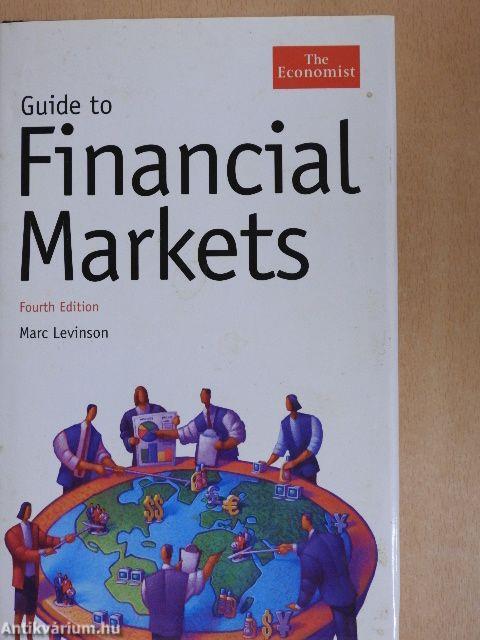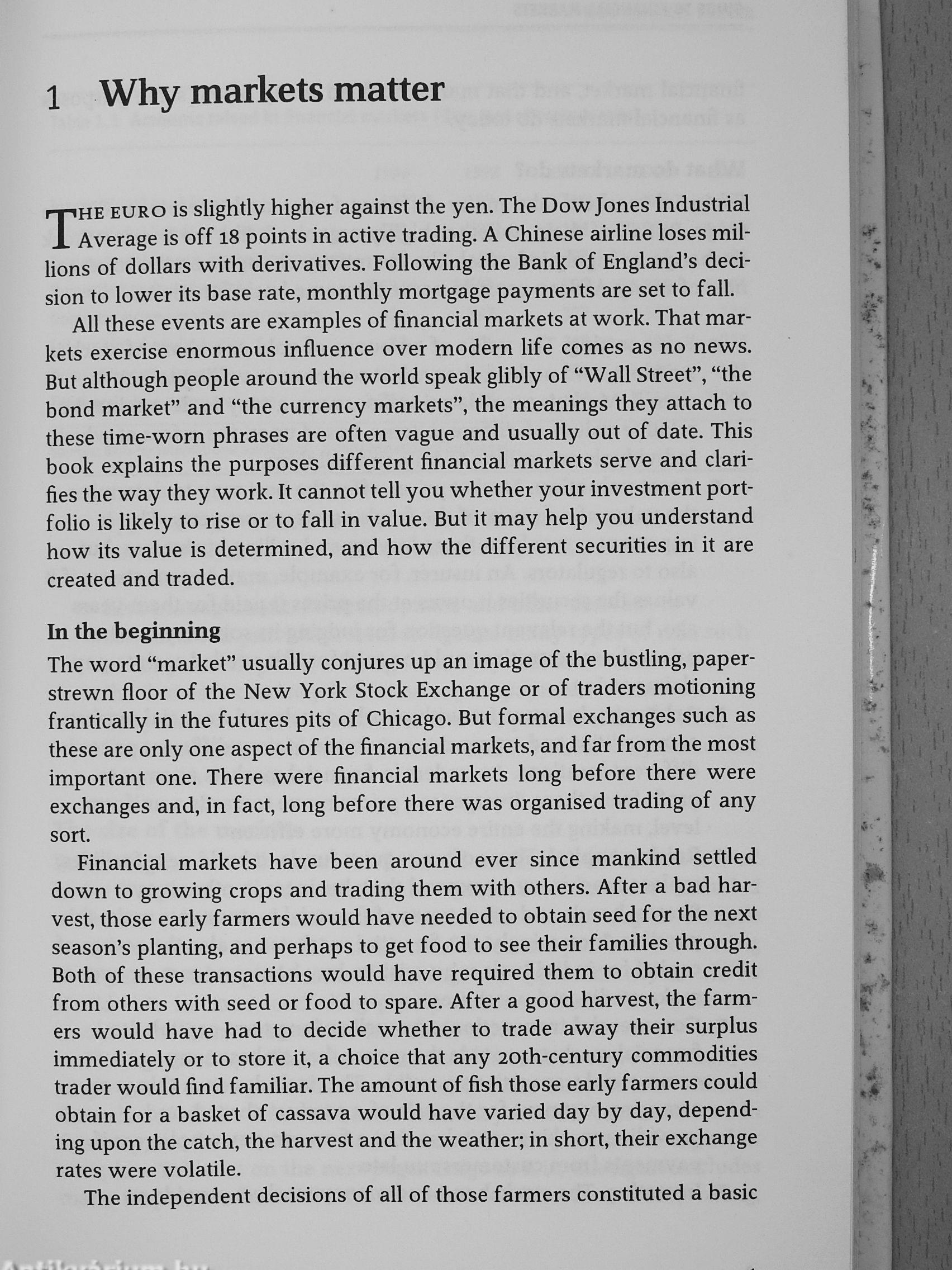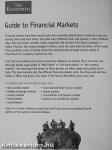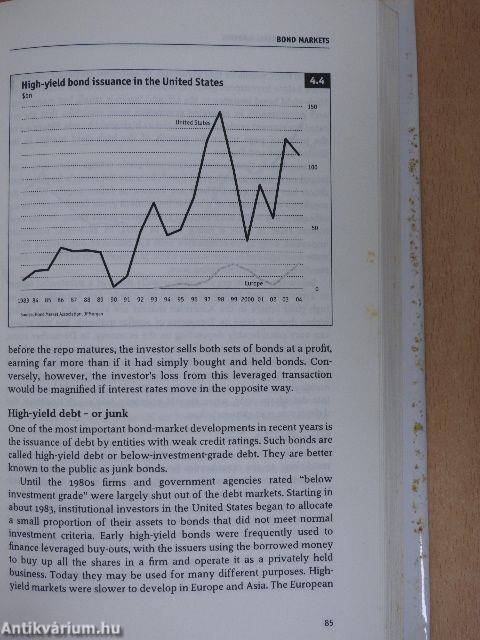1.117.306
kiadvánnyal nyújtjuk Magyarország legnagyobb antikvár könyv-kínálatát
The Economist - Guide to Financial Markets
| Kiadó: | Profile Books Ltd. |
|---|---|
| Kiadás helye: | London |
| Kiadás éve: | |
| Kötés típusa: | Fűzött keménykötés |
| Oldalszám: | 250 oldal |
| Sorozatcím: | The Economist |
| Kötetszám: | |
| Nyelv: | Angol |
| Méret: | 22 cm x 14 cm |
| ISBN: | |
| Megjegyzés: | Fekete-fehér ábrákkal. |
naponta értesítjük a beérkező friss
kiadványokról
naponta értesítjük a beérkező friss
kiadványokról
Előszó
TovábbFülszöveg
The Economist
Guide to Financial Markets
Financial markets have been around ever since mankind settled down to growing crops and trading them with each other. They take many different forms and operate in many different ways. But all of them, whether highly organised, like the New York Stock Exchange, or highly informal, like money-changers in Africa, serve the same basic functions, which range from providing a way of setting prices and valuing assets, through raising capital or investing it, to managing exposure to risk.
That financial markets now have an enormous influence on modern life is not news, but although people speak glibly of "Wall Street" or "the bond market" or "the currency markets", the meanings they attach to these phrases are often vague and usually out of date. This book explains why the different financial markets exist, how they work and who trades in them, and gives a run-down of the factors that affect prices and rates.
For anyone who wants to get to... Tovább
Fülszöveg
The Economist
Guide to Financial Markets
Financial markets have been around ever since mankind settled down to growing crops and trading them with each other. They take many different forms and operate in many different ways. But all of them, whether highly organised, like the New York Stock Exchange, or highly informal, like money-changers in Africa, serve the same basic functions, which range from providing a way of setting prices and valuing assets, through raising capital or investing it, to managing exposure to risk.
That financial markets now have an enormous influence on modern life is not news, but although people speak glibly of "Wall Street" or "the bond market" or "the currency markets", the meanings they attach to these phrases are often vague and usually out of date. This book explains why the different financial markets exist, how they work and who trades in them, and gives a run-down of the factors that affect prices and rates.
For anyone who wants to get to grips with:
• why markets matter
• foreign exchange markets
• money markets
• bond markets
• securitisation
• international fixed income markets
• equity markets
• commodities and futures markets
• options and derivatives markets
there is no better reference source than this fully revised and updated fourth edition of the Guide to Financial Markets.
, i
I ,
: : . ¦ ¦ . )
The financial markets now deal in triUions of dollars and even slight movements in them can have a substantial effect on national economies, as well as individual businesses around the world. Being able to understand how financial markets work has become increasingly important to those in business and government, as well as to those who are involved in these markets as either traders or investors. Astute use of the financial markets by firms with spare cash to invest, or which want to reduce their exposure to a risk or need to raise more capital, can make all the difference to the bottom line. But in order to act astutely you must understand what you are doing. Unfortunately, business history is littered with disasters that occurred because people involved their firms in financial markets they didn't properly understand, most notably the derivatives market.
'I
This fully updated and revised fourth edition of the Guide to Financial Markets provides a clear explanation of the different markets, including such recent innovations as electronic trading and credit derivatives. For anyone who wants a better understanding of the way financial markets work and the instruments they trade, it will be an invaluable source of reference. Vissza

















